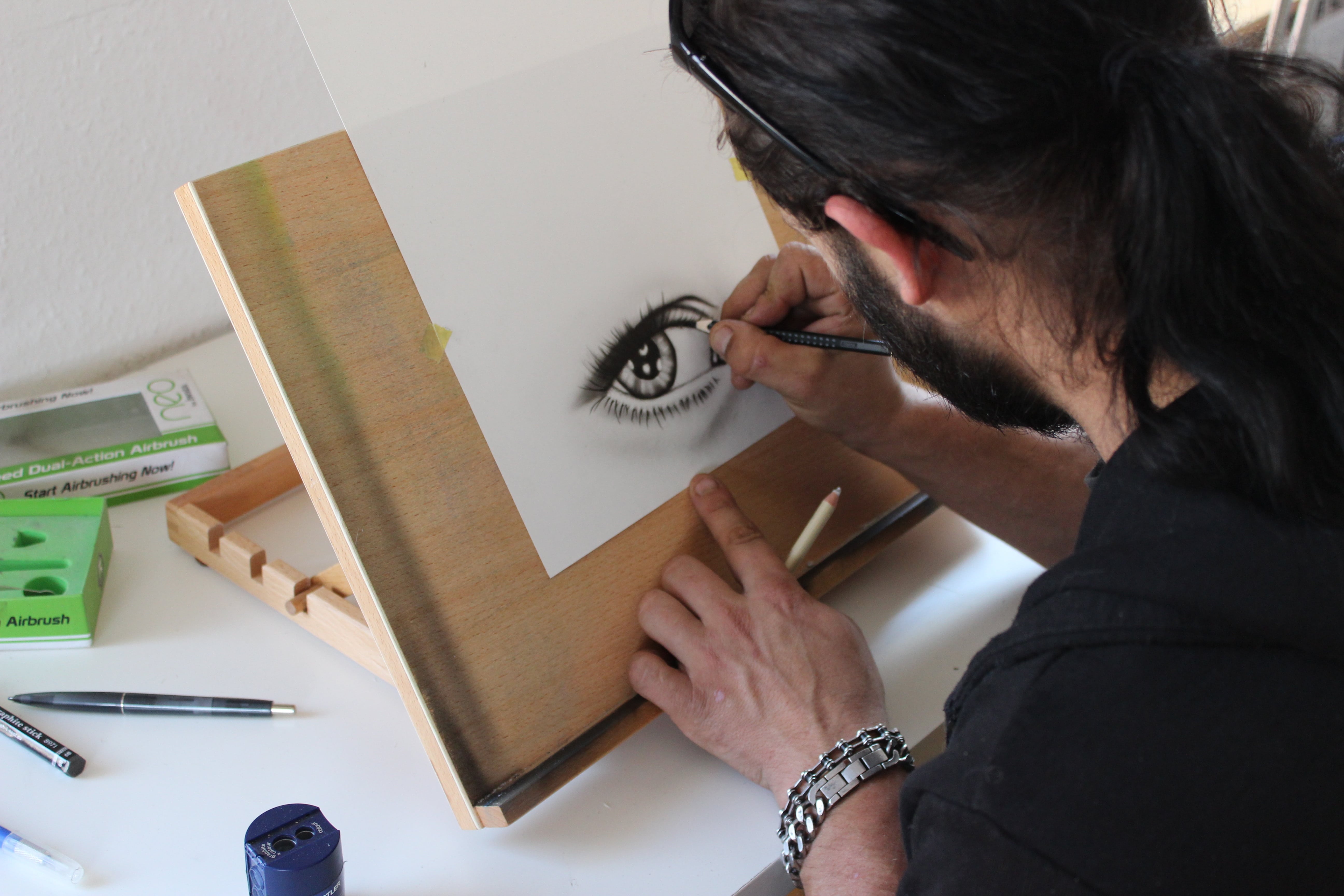Hearing the word “freelancer” is usually associated with time flexibility at work. Indeed, it is true – most or if not all the time, freelancers are free to work at their own timeframes. Although this seems great at the outset (especially for those who are locked in a 9 to 5 job), it actually comes with a lot of challenges too, and one of that is efficient time management.
As a freelancer, it is a given that you can work just about anywhere – it could be at home, in a coffee shop, at a shared work space, or even at a beach house as long as an Internet connection is available. With flexible work areas and schedules, lots of distractions can also follow.
These distractions could include the most mundane things such as household chores, your neighbors, and even your own personal hobbies such as video gaming, binge-watching series and the like. Because of these distractions, time management is a huge issue in freelancing. You obviously need a huge dose of discipline to efficiently manage your time, hence we have listed several tips below, so you can achieve this even more effectively:
-
Settle into a routine first.
The main point here is for you to establish consistent working hours that should be followed each day. This is basically your guide to avoid falling into distractions and other forms of entertainment/hobbies. If you allot 8:00 PM onwards as a ‘work’ period, then you could program yourself to do all your other chores and errands before that time comes.
It would also help if you can determine which hours are more conducive for you. Are you more productive during the morning, or in the evening? Your work space might matter too. Some people don’t like staying at home because of ever-present distractions, that’s why some work at coffee shops, shared office spaces and other open areas. If you are this type of person, then your routine should always include a consistent hour wherein you should leave the house.

-
If you want to go on a holiday, go on a holiday.
Some freelancers take their laptops with them even when they go on a holiday – because as they say, that’s part of the perks of being flexible. However, this is not exactly an ideal scenario. If you want to completely enjoy your time off, don’t bring any type of work or projects with you. You will be distracted anyway, and in the end, you might not be able to deliver quality output during that time. When it’s time to go on a holiday, just go on a holiday. And if it’s time to go to work, focus on work.
This is part of what they call work-life balance – balancing does not mean mixing your timelines for both work and life, but it is more about knowing when to take a break, and knowing when to focus solely on work.
-
Plan out your work time to incorporate short breaks in between.
If you have settled into a routine, don’t forget to put short breaks during your work hours. This will avoid you from burning out, and it could also help refresh your mind before completing or reviewing any task. Don’t make it too long though, just allot 15 to 20 minutes in every 2 hours of straight working time.
During such breaks, allow yourself to relax, browse through Social Media, read the news, chit-chat with friends and family, or go get some coffee and snacks.
Working for long periods is a no-no, because this will not just burn you out, but it will affect your overall performance and enthusiasm at work.
-
Uninstall apps that can distract you.
While working, it is very easy to get distracted with Social Media, games, chat, videos, music and the like. Although these are okay if you are taking a break, it could be detrimental once you are in the middle of a task.
So to keep your focus, uninstall or quit apps and programs that distract you from working. This requires a lot of discipline though, so you might want to make use of tools and other program blockers to make this work.
If you have enough resources, it would be better to dedicate one laptop or PC to purely work-related stuff. All those entertainment and social apps should be placed in a different device to keep you away from it during work hours.
-
Set a limit for clients and workload.
One reason why some freelancers cannot keep up with all their responsibilities is their miscalculation of projects and clients that they take on all at the same time. So how would you know if you have already exceeded the limit of clients and workload?
For starters, you must know your own pace and speed when it comes to creating output. Before saying yes to a project, make sure that you can actually estimate a realistic timeline to complete it. If you think you cannot handle it anymore, then just say no.
While you estimate your timeline, don’t forget about your break time. Again, you must be realistic about it and the last thing you’d want is to get burnt out on the job. So as much as possible, if you think your plate is already full at the moment, just say no. Besides, taking in additional clients and projects from time to time will ruin your routine, and it will eventually reflect poorly on your output.
To find success in freelancing, it is important to maintain an established work period to ensure that you get to have that so called work-life balance. Like a regular employee, you also need to have refreshments and other enjoyments. Knowing how to strike a balance will improve not just your productivity rate, but also the quality of your output.
It is important to put the quality of your work as an utmost concern. This is the one thing that your clients would be very particular about, and as long as you deliver the job well, you’ll have a greater chance to forge long-lasting professional relationships with them.





